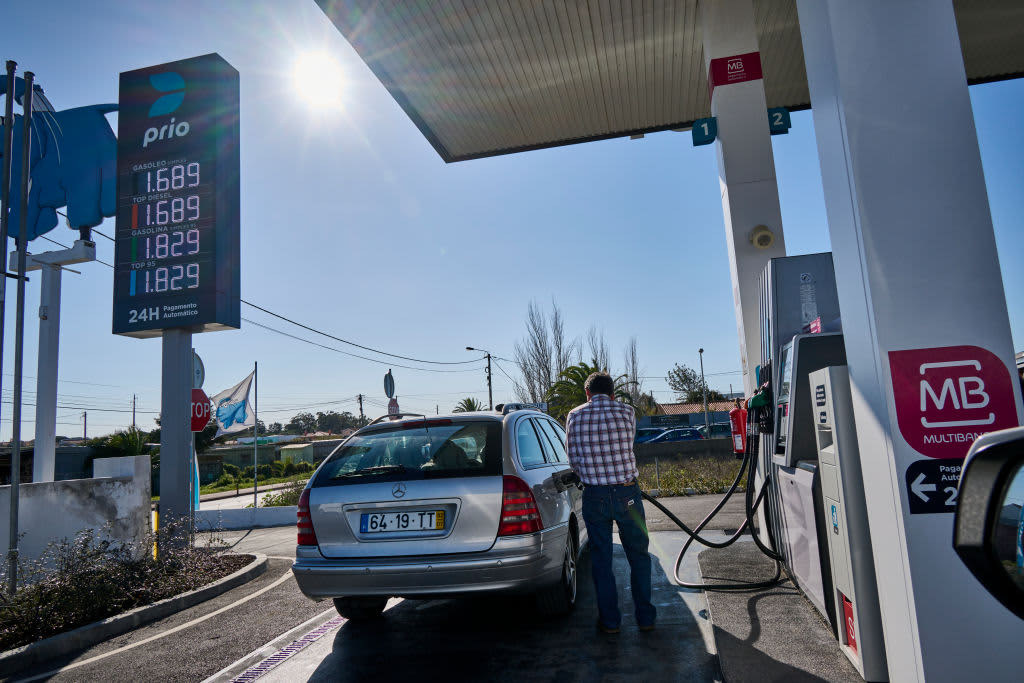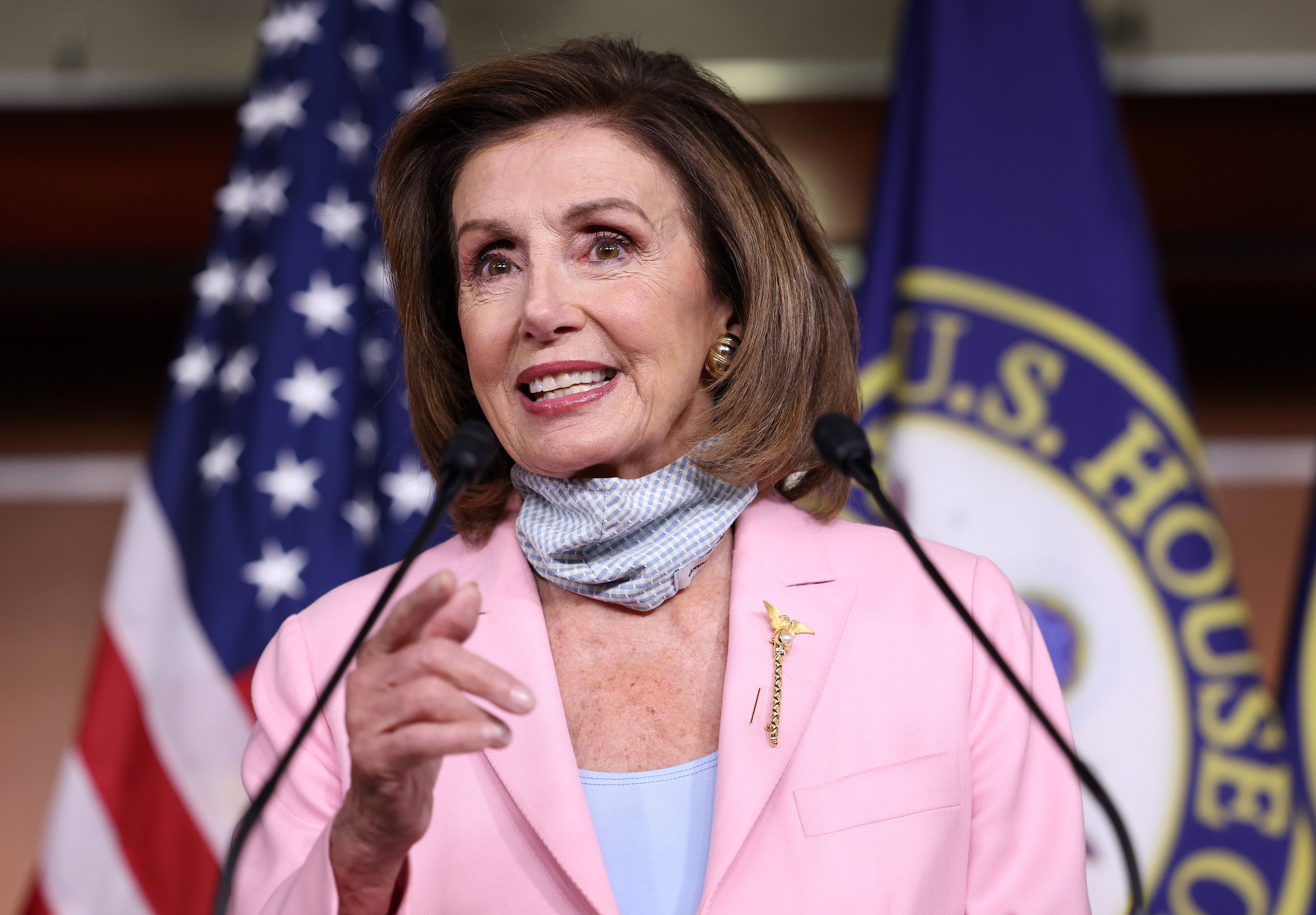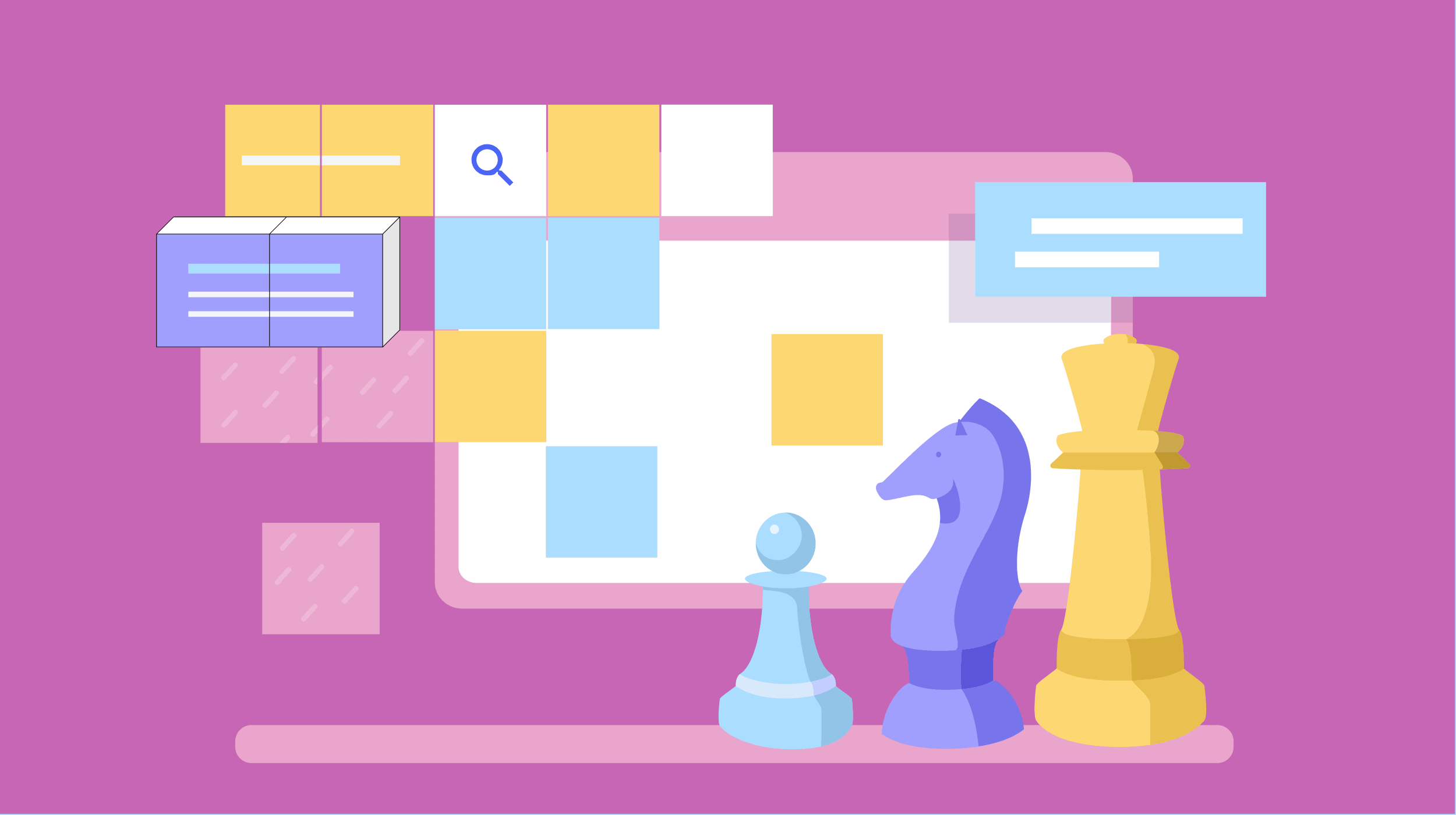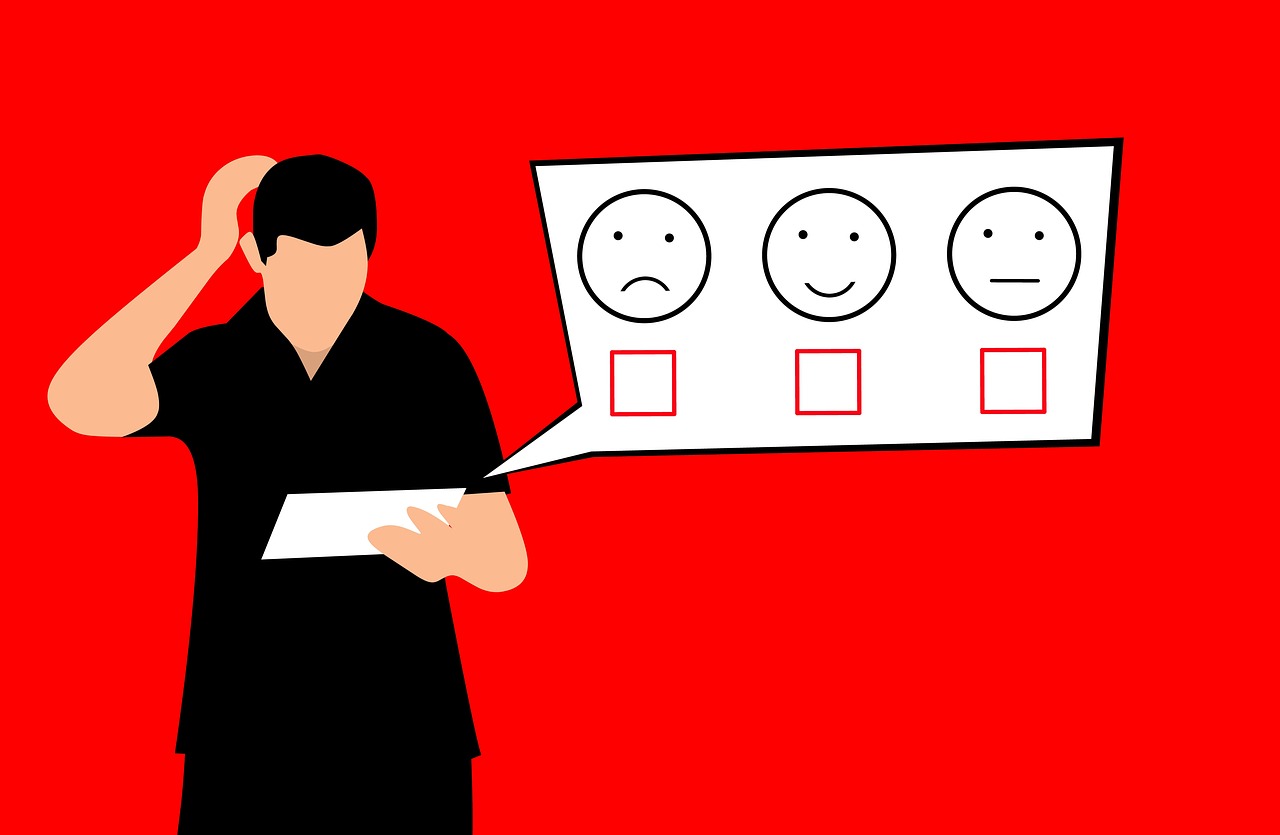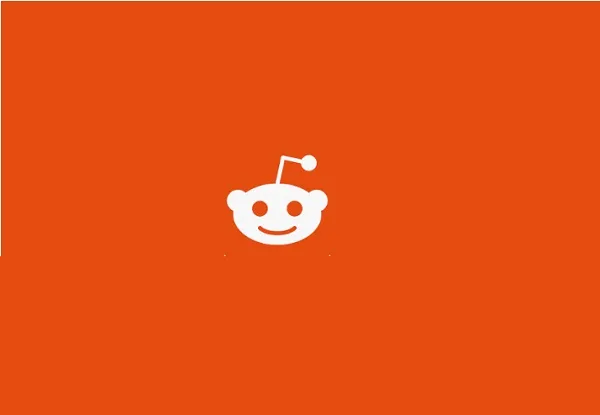How TikTok's head of U.S. safety still finds a way to log off social media while on vacation
Eric Han says working in trust and safety for 14 years taught him the importance of taking breaks from work for his mental health.

It's not easy for Eric Han to get away from work or social media. Han, 35, is the head of U.S. safety at TikTok, which saw its user base skyrocket during lockdowns. Since 2020, the social media app has also received increasing scrutiny over how it handles the spread misinformation, disinformation and graphic content in a volatile global news cycle.
Han has spent 14 years in the trust and safety space and started his career as a content moderator, all of which is to say work is always busy. But given his intense workload, Han says it's critical for him to decompress by taking meaningful breaks, and to model it as a leader to his team.
"To be quite honest, for trust and safety folks, especially for myself, it's kind of a push to get us to take PTO," Han tells CNBC Make It. "The field attracts a lot of altruistic people who are mission-driven and have a mentality of wanting to keep the platform safe."
But this type of culture can lead people to burn out, even at a company like TikTok that offers U.S. employees 17 vacation days per year. "We'll tell people who haven't taken vacation in a while, 'You've got to slow down to speed up,'" Han says.
Here, Han shares how even a trust and safety expert at a social media company can unplug from work.
How he replaced his travel hobby during Covid lockdowns: I'm the type of person who plans trips and has enough Google docs, Lonely Planet and TripAdvisor tabs open to crash a computer. But during the pandemic, my wife, who works in medicine, and I couldn't take our usual big trips to Southeast Asia or Europe. So, we built a garden.
I've told my team, "I'm going to take two days off to just plant seedlings." I never thought I'd be the type of person that has a favorite tomato — which is black krim, by the way — but two-and-a-half years into it, that's where my peace element is. There's a benefit to where I can have a Zen period and just go outside throughout the day. I can pepper it in throughout the day or take a day or two off to just sit in my garden.
The importance of redefining what time off looks like: Considering the work we do in trust and safety, and given the heavy news cycle recently, we recognize our team needs extra time to decompress. From a leadership perspective, we have to make sure we not only have the right intention in place, but also make sure at an institutional level we have resources baked in, like mental health days and emotional support services.
Tips to stop checking social media on vacation: I've used an app called Freedom that limits my access to certain sites and apps. Other times, I'll just delete social media like Reddit, Twitter, Instagram and TikTok off my phone. The challenge is always sticking to it.
I don't bring my phone to certain places. Sometimes I'll leave it locked in the hotel. My parents grew up in a village in Malaysia, so when I visit I can be intentional and think, "I'm going to a part of the country that doesn't have good reception anyway." I can turn off my Twitter brain or not look at Instagram.
I also do a lot of photography when I travel, so I can focus on that.
Why he and his team are constantly encouraging breaks: We're talking about time off all the time. It's just like saying, "Hey, how are you? What'd you do this weekend? And, oh, do you need extra time off?"
We're all very expressive people and we take care of each other. A lot of that is built into our culture, in terms of making sure that we check in and encourage each other to do fun things.
What he'd tell his 25-year-old self about taking time off: Be more adventurous.
Every five to seven years, I'd go on trips with my parents to where they grew up in Southeast Asia. In my 20s, I would much rather be going out with my friends in Vegas. I probably had a youthful attitude of, "I'm going to a village with no reception?" Now, I can't wait to do those things.
It took me a while to think of how much of a privilege it was to connect not only with my family, but my ancestors and where I came from. Those were some of the more transformative moments I've had as an individual learning where I came from.
This interview has been edited for length and clarity.
Check out:
This company pays new hires to take a vacation before they even start
Thousands of employees are testing a 4-day workweek
4 people on how their company's switch to work-from-anywhere spurred them to move around the world
Sign up now: Get smarter about your money and career with our weekly newsletter

 ValVades
ValVades 







